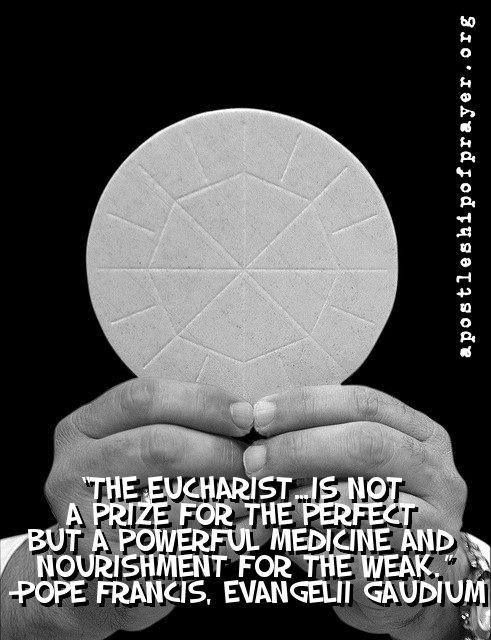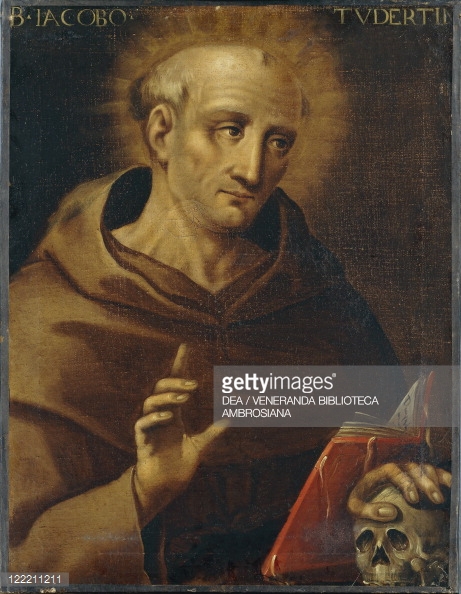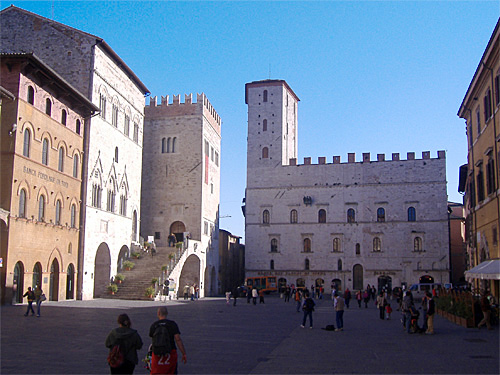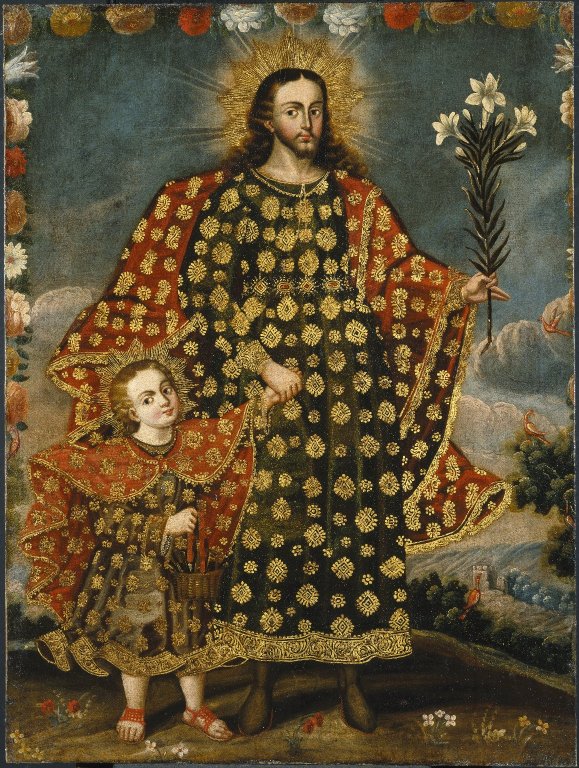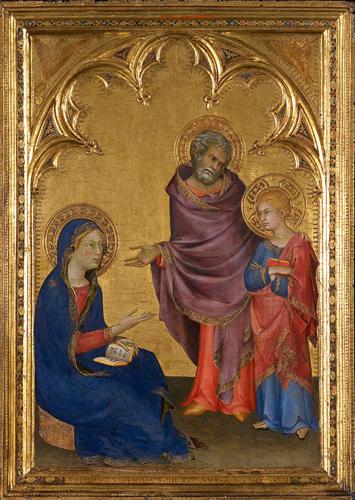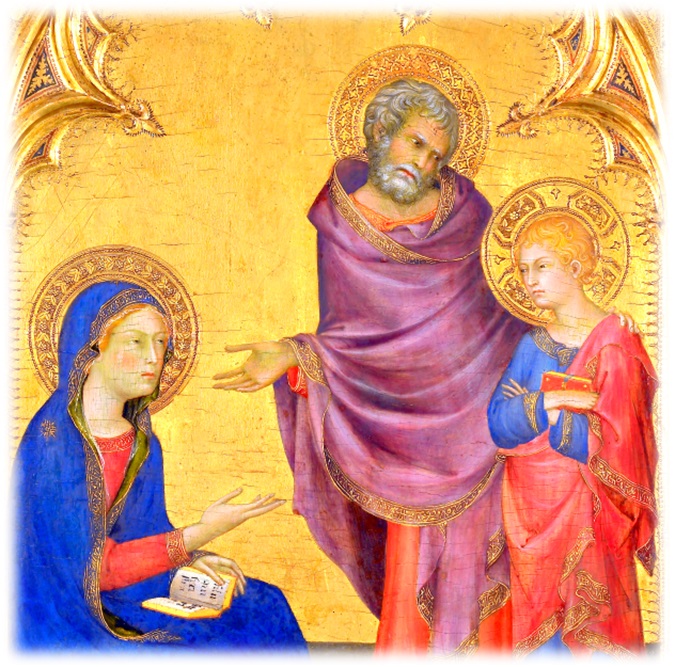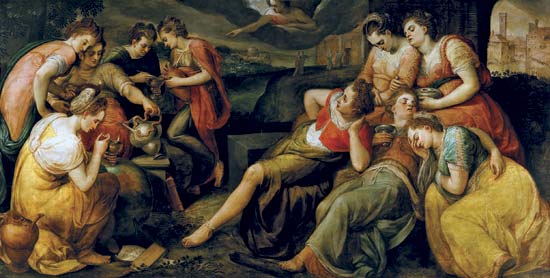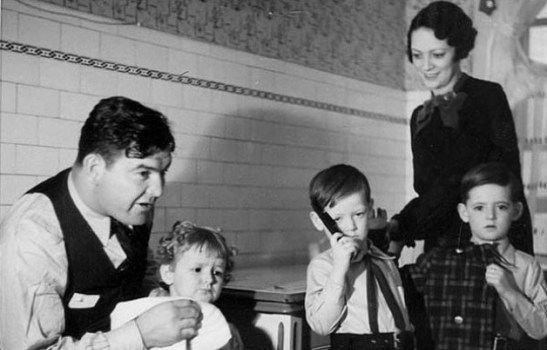Let God worry about whom is too sick to receive His medicine. It is His, not ours, fellow invalids and sufferers upon whom He has great mercy, too. St Ignatius of Antioch (35-107 AD) often called the Eucharist the “Medicine of Immortality”, the food and drink by which one was rendered immortal.
“Away from the Church, I rejected God for over ten years and was blissfully ignorant to the abuse I was inflicting on my soul through serious sin.
I thank God that those around me, whether they knew it or not, employed the wisdom of “gradualism” to invite me back to the Church.
In his latest blog post on the topic, Jimmy Akin defines gradualism:
“It is a principle used in Catholic moral and pastoral theology, according to which people should be encouraged to grow closer to God and his plan for our lives in a step-by-step manner rather than expecting to jump from an initial conversion to perfection in a single step.”
“Gradualism” or the “principle of gradualness” are not phrases that have been tossed around for a while. So, it is no wonder that people are skittish at the phrases’ mention and the language being employed at the Synod on the Family.
The fact that the bishops in the Synod on the Family employed this term over and over in their working document points to a growing consensus that the principle of gradualism needs to be applied more effectively in parish life.
This understandably concerns a lot of people.
After the chaos that followed Vatican II, things were just starting to stabilize. People are worried that if the principle of gradualness is interpreted or applied incorrectly then the faithful will be confused, and will think that moral law has somehow changed.
I, however, remain unconcerned for two reasons:
- The Church is in the hands of the Holy Spirit, and she will never mislead us—most especially in matters of faith and morals.
- Second, when it comes to gradualism, I am “Exhibit A.”
When I returned to the Church after ten years of being away, I did not walk through the doors and ask to go to confession.
Some people do this, but that was not my story.
When I first walked through the doors of a Catholic Church again, I was still an atheist, living with my boyfriend. One day, with little to do, I walked by a nearby church while Mass was going on inside.
I stayed. I have no idea why I stayed but I stayed.
And I went to Communion.
Perhaps I went out of a habit that was ingrained in me as a child. But when I think back to how I felt, I think the emptiness inside of me was screaming to be filled, and I felt intensely drawn to receive Jesus, like a deer thirsting for running water. Was it right? I have no idea. But at the time if someone had told me that I should not receive because I was in a possible state of mortal sin, I most likely would have walked right out of that church and never returned.
A year later, I was living for several months in Costa Rica. One day I felt a pull to attend Mass. I had no idea why. Before long, I started to go whenever Mass was held in the little rural town. The priest never questioned my fitness to receive Communion. He was always warm, joyful, and open with me, although I am sure he wondered what exactly was going on in my life.
I am thankful for that priest’s stance of respect for where I was at. If he had tried to lay down the law with me, I may have run and stayed away from the Church for another ten years. I was not ready to hear Church law from anyone. I hardly believed in Jesus, let alone the Catholic Church. I did not consider myself Catholic, and I certainly did not accept most of Church teaching on all the hot-button issues.
And yet, I felt drawn every time Mass was held in that little country church.
My story continues, and you can read more of it in my book that is coming out. But suffice it to say that I was attending Mass for an entire year before I went to confession. I don’t make excuses for myself. My soul was not in the proper state to be receiving the Body and Blood of Christ, but it took time for grace to work in me in order for me to realize this. Finally, in the same way I was drawn to Jesus in the Eucharist, one day I felt an overwhelming urge to go to confession.
The rest is history.
I am a product of the principle of gradualness that the bishops are speaking about at the Synod.
As a Church, if we don’t accept the concept of gradualism, we will not be able to successfully invite the countless baptized fallen-away Catholics to sit once again in the pews and receive the sacraments that their souls so desperately need.
Gradualism does not dismiss the law. Gradualism has great respect for the law, but an even greater respect for the people for whom the law was made. For that reason, gradualism believes that in order for a person to fully accept the law, we must give the Holy Spirit time to work in that person’s soul. This means that sometimes we will refrain from telling others about Church laws, and at other times we will refrain from enforcing them, not because the laws are not good or right, but because we want the person to accept what is good and right and that involves a timing we cannot control, that of the Holy Spirit.
This is not playing fast and loose with God’s law, this is mercy…and common sense.”
-by Sr. Theresa Aletheia Noble, FSP, a former atheist who, thanks to the grace of God, has returned to the faith she was raised in and now tries to help others bring their loved ones back to the faith. A few years after returning to the Church, she heard God calling her, so she left her job in Silicon Valley to join the Daughters of St. Paul. She now lives in Miami, where she prays, evangelizes, bakes bread, and blogs.
Love,
Matthew

